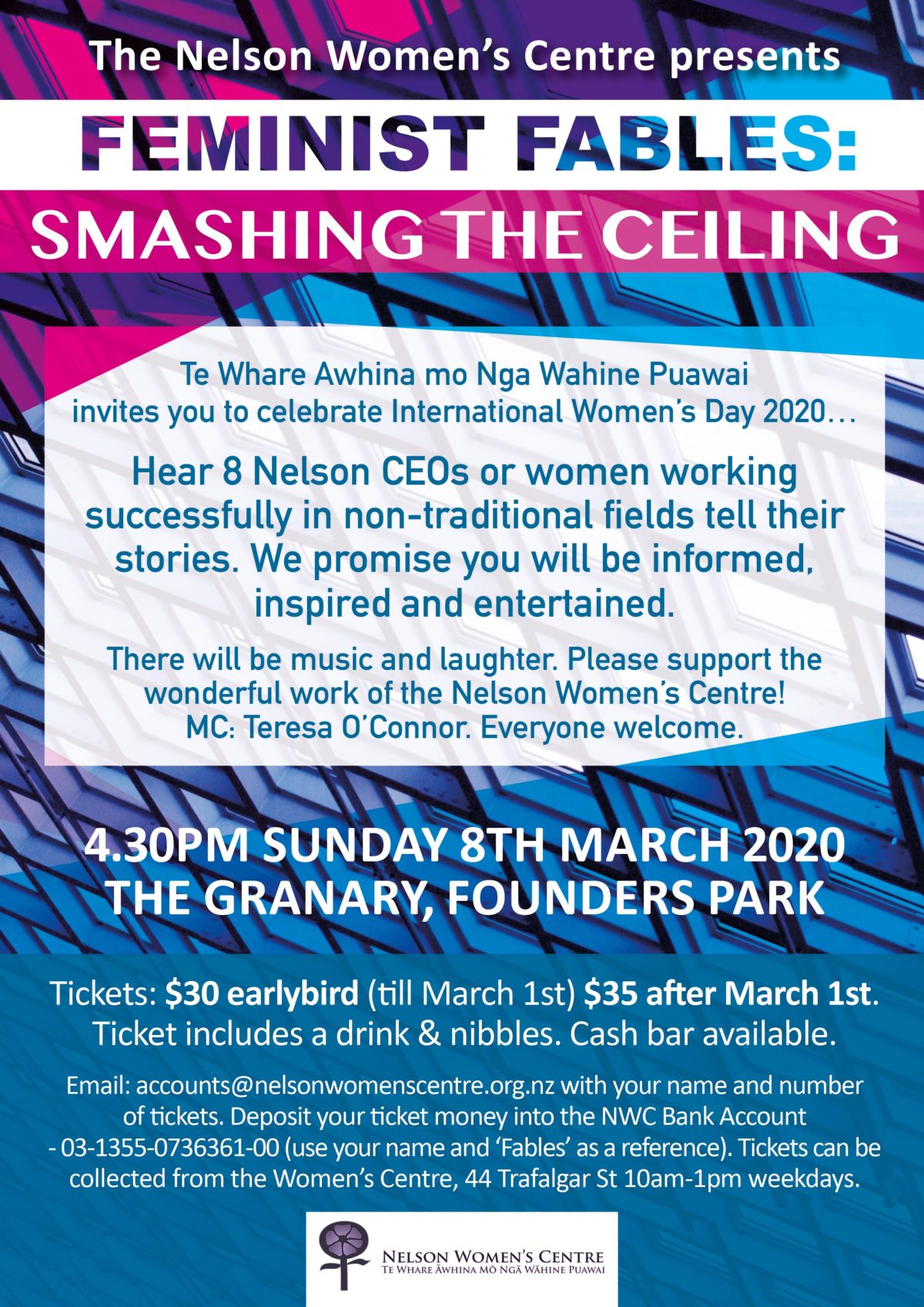

Pleasurable sense of ownership over their bodies and their Seventies and the early Eighties, many women had a new and Player in the ongoing feminist debates around sexuality. This commitment to openness and to diversity has made Sheba a key Struggles over difference and diversity, which by the end of theĭecade had put paid to the myth of a unitary feminist identity. It can be seen in retrospect as a harbinger of the coming White, and Indian women universally assumed to be heterosexual,įeminist Fables called into question this cosy compartmentalization Published inġ981, when lesbian-feminists were universally assumed to be Viewpoint, by an Indian woman, Suniti Namjoshi. One of our earliest titles wasįeminist Fables - a retelling of myths, from a lesbian-feminist Reputation around its commitment to diversity, to difference, and It means recognising the multiplicity of voices within theseĬommunities - a multiplicity which is frequently overlooked byĪ world quick to categorize and dismiss. Writing by women of colour, or lesbians, or working-class women That means more than simply being ready to publish Priority to the work of women writers who continue to be

Sheba has a mission to challenge this persistent bias. True that the majority are white, heterosexual, and middle-class. If more women writers are published now than in 1965, it remains Predilections associated with intellectual and social snobbery: Predilections die hard - particularly, in Britain, the Reviewed on the literary pages, just like men. "women's studies" lists, and women novelists (some of them) get Today, mainstream UK publishing has been persuaded of the Single biggest factor in the dissemination of feminist ideas to The phenomenal success of women's publishing was probably the These books, and responded with what can only be called devotion. Of the book-buying public found their own lives reflected in The ordinary, non-privileged women who constituted a large part They wrote instead about what it was like to live as an ordinary, non-privileged woman in post-imperial Britain in the second half of the twentieth century. Writers weren't seduced by the pastoral English idyll of haywains and cottages and servile, cap-doffing peasantry. Heterosexual or middle-class, and who didn't speak with the Oxford or Cambridge, and who weren't necessarily white or

Literally couldn't see: the writing of women who hadn't been to Of the British book scene, and looked instead at what that world Their backs on the high-modernist clique then firmly in control Of small independent publishers born of the UK women's movementĭuring the 70s and early 80s. Sheba Feminist Press was established in 1980 - one of a handful


 0 kommentar(er)
0 kommentar(er)
